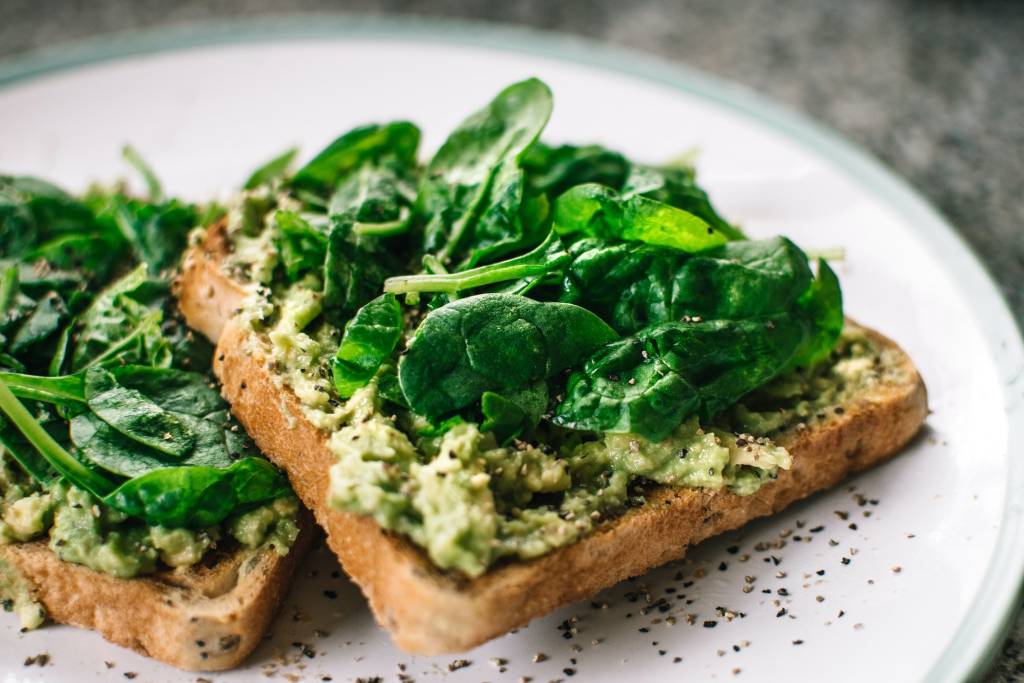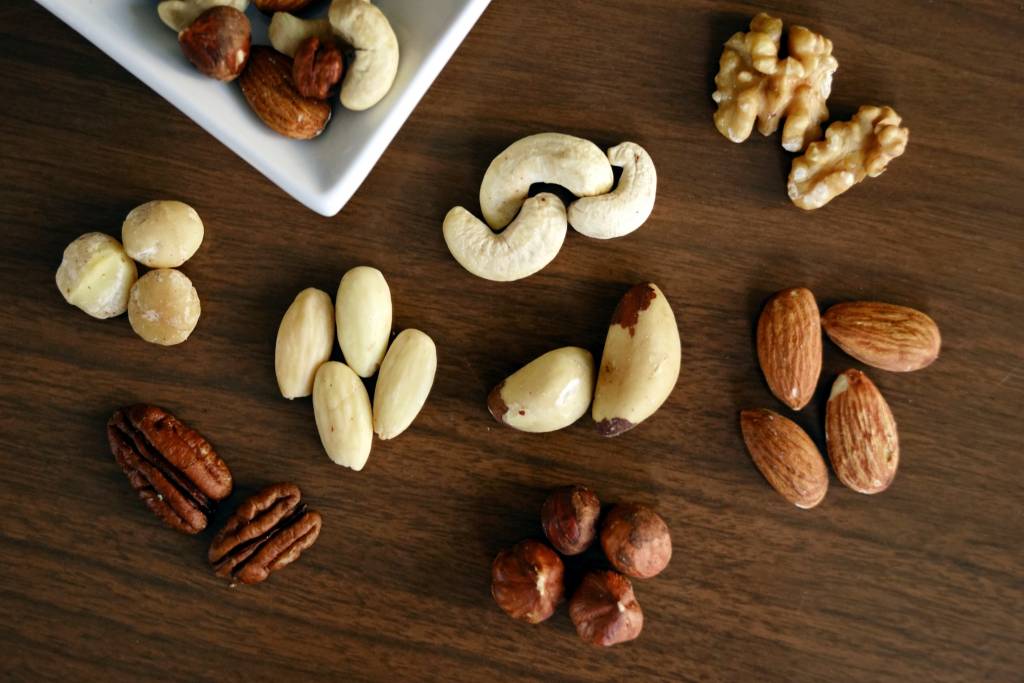Fueling Your Body: A Comprehensive Guide to Optimal Nutrition
- by Jeroen de Vries
- 2023-02-20
- 2032 views
- Reading time: 5 minutes

What is nutrition
Nutrition refers to the study of how food affects the human body. It involves understanding how the body uses nutrients from food, such as carbohydrates, proteins, fats, vitamins, and minerals, to maintain healthy growth, repair and rebuild tissues, produce energy, and perform a variety of functions necessary for good health.
Eating a well-balanced diet that includes a variety of foods from all food groups can help ensure that the body is getting the nutrients it needs. However, consuming too much of certain foods, such as sugar, saturated fat, and salt, can lead to health problems such as obesity, heart disease, and high blood pressure.
Good nutrition is essential for good health and well-being, and can play a role in the prevention and management of many chronic diseases. Consulting a registered dietitian or nutritionist can help individuals make informed choices about their diet and develop healthy eating habits.
Why is nutrition important
Nutrition is important for many reasons, including:
-
Maintaining health: Consuming a well-balanced diet that includes a variety of essential nutrients can help maintain overall health, support growth and development, and reduce the risk of chronic diseases.
-
Providing energy: Food provides the body with the energy needed to perform daily activities. Consuming enough calories and carbohydrates can help sustain energy levels throughout the day.
-
Supporting growth and development: Adequate nutrition, especially during childhood and adolescence, is crucial for proper growth and development, including the development of bones, muscles, and the brain.
-
Promoting a healthy weight: Consuming a balanced diet and engaging in physical activity can help maintain a healthy weight and reduce the risk of obesity and related health problems.
-
Boosting immunity: Proper nutrition can help support the immune system and reduce the risk of infections and illnesses.
-
Improving mood and cognitive function: Eating a diet rich in nutrient-dense foods such as fruits, vegetables, whole grains, and lean proteins can have a positive impact on mood, cognitive function, and overall mental health.
-
Reducing the risk of chronic diseases: A diet rich in nutrient-dense foods and low in processed foods and added sugars can reduce the risk of chronic diseases such as heart disease, type 2 diabetes, and certain types of cancer.
In summary, good nutrition is essential for overall health and well-being, and can play a key role in the prevention and management of many health conditions.
Nutrition diet
How can you include more vegetables in your diet?
Despite all the reasons to eat more vegetables, not everyone enjoys eating large salads every day. To bring out the inner Popeye in yourself and incorporate more greens into your diet, here are seven delicious ways that can help:
-
Add them to a shake.
When added to a shake, the flavor of spinach, chard, and some other vegetables disappear mysteriously. So, try adding some chard or spinach to your shake. Chard is rich in vitamins A, C, and B6, as well as phosphorus, zinc, magnesium, potassium, copper, and manganese. Chard also contains more iron than spinach.
-
Put them in a sandwich.
Make your sandwich more delicious by filling it with less meat and more vegetables. Put a handful of spinach on your chicken sandwich or add a few leaves of romaine lettuce to your whole grain turkey sandwich. Add a slice of avocado for some heart-healthy fats.
Alternatively, replace your tortilla with iceberg lettuce, Romaine lettuce, or cabbage for a more nutritious, low-carb wrap. Try these sweet and sour slaw wraps for a lunch or snack packed with vegetables.
-
Make mash of it.
Now that the leaves are falling from the tree, it's time for mash. Mash is a simple and smart way to get more vegetables into your diet. Many people make the most popular types of mash, such as endive mash, stew mash, and kale with sausage, but did you know that other vegetables can also provide a lot of flavor?
For example, try an Asian version with bok choy, chicken, and sesame seeds next time. Or a version with spinach and ground beef. If you prefer a sweeter taste, go for sweet potatoes instead of regular potatoes. You'll be surprised at the number of variations you don't know yet.
-
Sauté them with garlic and olive oil.
The bitter taste and tough texture of kale make this vegetable a favorite dish for many. However, it is one of the most nutritious vegetables in the garden. A cup of raw kale gives you double the recommended daily amount of vitamin A, more than 100% of vitamin C, and as much as six times the recommended daily amount for vitamin K.
Vitamin K, found in broccoli, kale, parsley, iceberg lettuce, and spinach, regulates blood clotting. According to a study published in the Journal of Nutrition, teenagers who took enough vitamin K had a lower chance of developing left ventricular hypertrophy (enlarged heart). The authors concluded that vitamin K essentially keeps your heart strong.
For an easy side dish, sauté a bunch of chopped kale with olive oil, garlic, a pinch of red pepper flakes, and a splash of red wine vinegar to season. Voila!
-
Stir them into a soup.
Vegetables do well in all kinds of soups and stews. Think of kale for Italian soups and chard for bean-based recipes. Like kale, chard is a good source of fiber, vitamins, and minerals and has a mild flavor that blends well with other ingredients.
-
Grate them into pasta dishes.
Add more vegetables to your pasta dishes by grating zucchini, carrots, or butternut squash into your sauce. This is a great way to sneak in more vegetables without changing the flavor of your pasta dish. You can also add grated vegetables to lasagna, casseroles, and stir-fries.
-
Make a veggie pizza.
For a delicious way to incorporate


